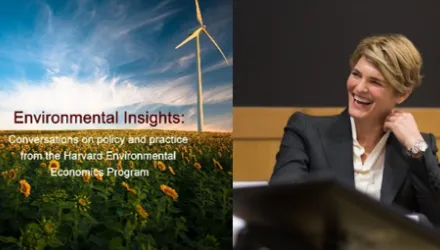Letter to the Editor,
To the editors:
I enjoyed Robert J. Samuelson's defense of free trade in his review of Pat Buchanan's new book ("Trade Free or Die," June 22). However, by concentrating on the win-win consequences for countries and corporations, Samuelson perhaps understates the detrimental impact that increased trade can have on individuals.
I spent several weeks in New Hampshire during the 1996 primaries and found many Buchanan supporters to be working-age Americans who had been laid off when their factories were moved overseas, to places where identical jobs could be filled for much lower wages. No doubt, in the long term, such relocations are good for the economy, but that is of little comfort to newly unemployed workers, who may find themselves without adequate health care, prospects for reemployment, or opportunities for retraining.
Although, in the old social science slogan, correlation does not show causation, it does often shape perception. As long as the effects of increased trade appear merely to be growing profits and expanding inequality, it is hardly surprising that those urging protectionism and isolationism can find an audience. Maybe the time has come to move beyond the "free trade is good" rhetoric to see how the gains from trade can be shared more widely, particularly among those who are losing out in the transition to a globalized market.
PAUL DE SA Cambridge, Massachusetts
To view full text please click here (login may be required).
de Sa, Paul. “When Free Trade Falls.” The New York Times, August 3, 1998





